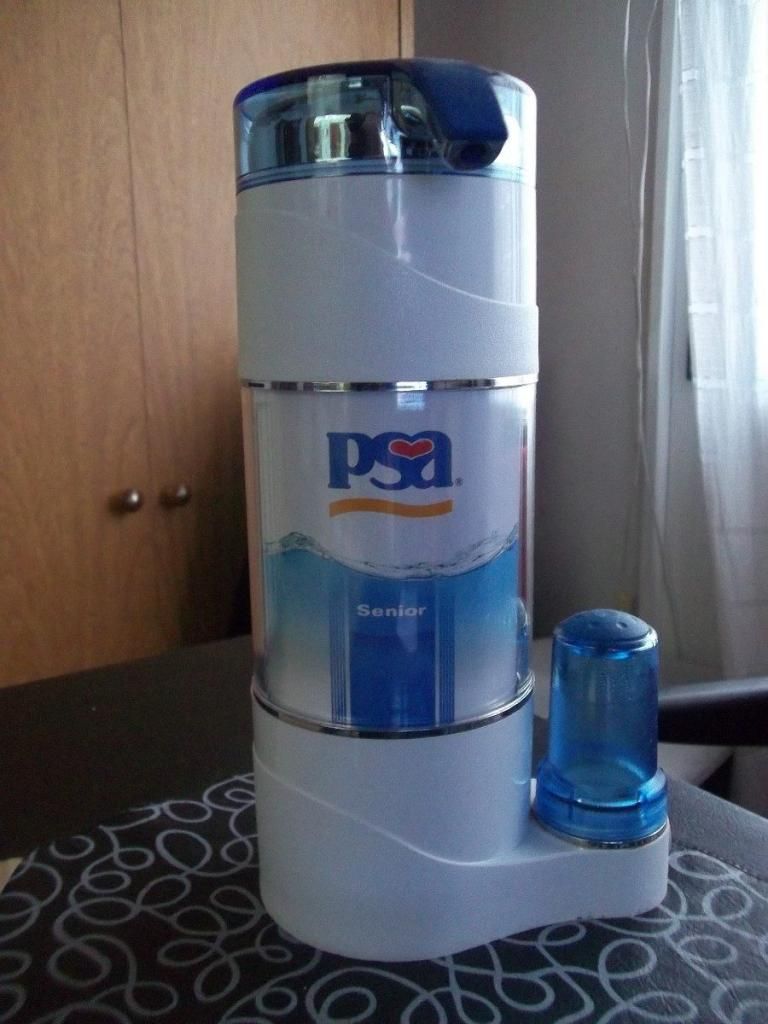Girino
Registered
- Joined
- Jan 1, 2014
- Messages
- 2,633
- Likes
- 2,136
Finally, our stuff has arrived from Europe and we have our dishwasher (yay!).
It is installed and working well. I need to know the water quality parameters in order to set the it properly (to dose salt and polisher basing on the water hardness).
As of now, I am using a teaspoon of washing powder because the standard dose made too many bubbles (I am using Finish powder).
Q1: Where can I get the water quality parameters? I tried googling "calidad de agua" but it is all gobbledygooks with no actual figures.
Q2: Do they have liquid dishwasher detergents here?
We are living in San Isidro downtown. Thanks.
It is installed and working well. I need to know the water quality parameters in order to set the it properly (to dose salt and polisher basing on the water hardness).
As of now, I am using a teaspoon of washing powder because the standard dose made too many bubbles (I am using Finish powder).
Q1: Where can I get the water quality parameters? I tried googling "calidad de agua" but it is all gobbledygooks with no actual figures.
Q2: Do they have liquid dishwasher detergents here?
We are living in San Isidro downtown. Thanks.

